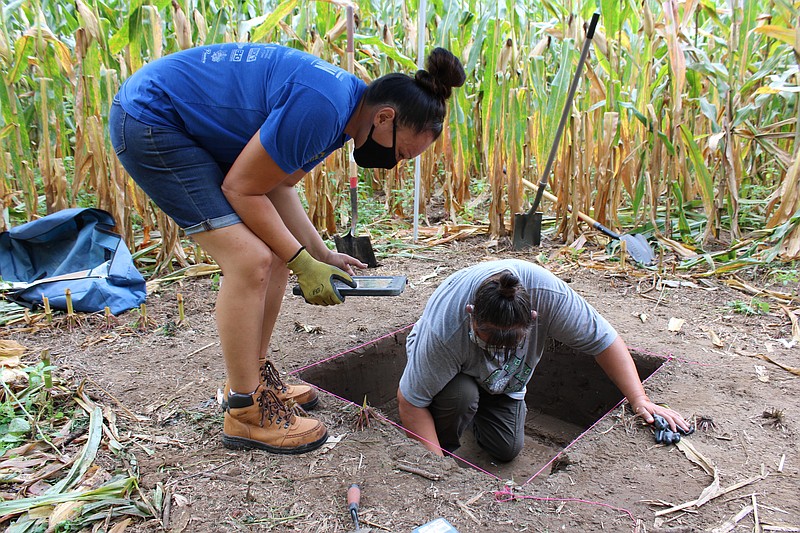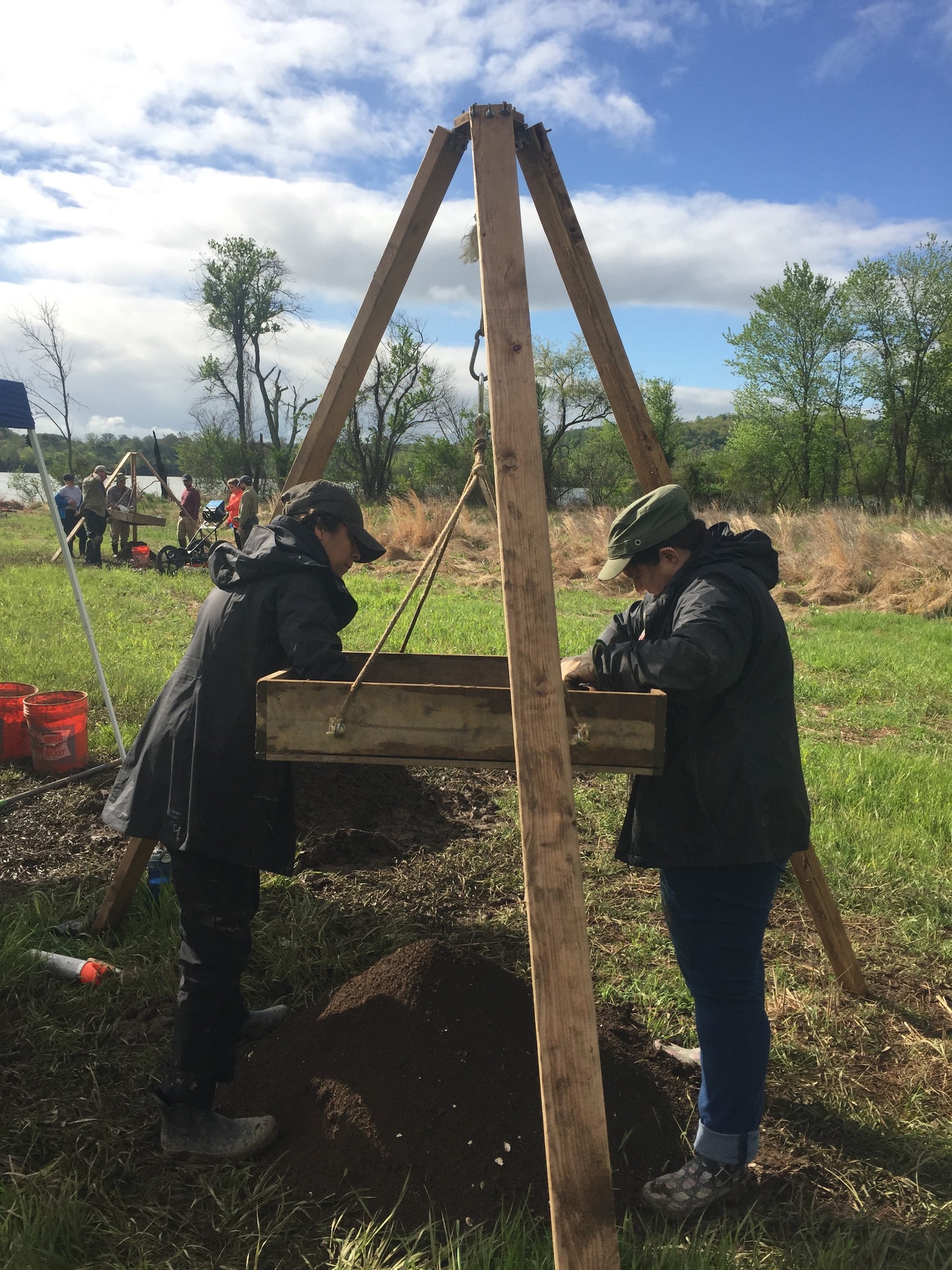The Tennessee Valley Authority is making its biggest efforts yet this spring to return ancestral remains of Native Americans found on TVA properties where the federal utility has built dams, power plants and other developments over its 90-year life.
In a public notice published Thursday in the Federal Register, TVA said it has recovered the remains of 4,871 Native American individuals in Tennessee, Alabama and Kentucky and is seeking to repatriate the remains and associated funerary objects to as many as 21 Native American tribes believed to have been present on TVA lands in the past.
The notice is the second largest ever under the federal law that seeks to protect Native American ancestral remains and surpasses the roughly 3,000 ancestral remains TVA previously identified in 2018, according to the head of the national program that oversees such ancestral remains.
A ProPublica investigation published in January identified TVA as one of the top 10 institutions holding Native American remains after the U.S. government pushed Native Americans from their lands to make way for westward expansion throughout the 1800s, including the Trail of Tears that forcibly relocated about 60,000 Cherokee, Muscogee, Seminole, Chickasaw and Choctaw nations from Tennessee and other Southern states from 1830 to 1850.
A 1990 law known as the Native American Graves Protection and Repatriation Act requires government agencies and other institutions to publicly report their holdings and to work with federally recognized tribes to determine where and how the remains should be repatriated.
The Congressional Budget Office initially projected most of the known remains could be identified and repatriated within six years, but ProPublica found that about 200 institutions had not repatriated any of the remains of more than 14,000 Native Americans in their collections.
Melanie O'Brien, manager of the National Native American Graves Protection and Repatriation Act program, said in a telephone interview Thursday that identifying the associated tribes with the ancestral remains proved more difficult than expected.
(READ MORE: Chattanooga area is home to three sites that tell story of Native Americans)
"What is important about this TVA notice is that they made a new decision and identified the culturally affiliated Indian tribes," she said. "TVA has the largest collection of any federal agency of Indian remains, and this notice is really monumental both because of its size and because it completes the regulatory process for TVA to make all of these ancestors to be returned."
In an emailed statement, TVA spokesman Scott Fiedler said TVA has worked diligently to recover, identify and return ancestral remains to the proper tribes under the law and has been compiling an inventory of ancestral remains since 2009. TVA has previously filed about 70 notices of ancestral remains, but this week's notice to the Department of the Interior was by far the biggest, including identified remains of 4,141 individuals in Tennessee, 722 individuals in Alabama and eight individuals in Kentucky.
The Tennessee Valley Authority began actively consulting with tribes in the 2000s and has worked in recent years to try to combat looters of cultural resources, TVA officials said.
"TVA takes its relationship with federally recognized Indian tribes very seriously," Marianne Shuler, TVA archaeologist and tribal liaison, said in an emailed statement Thursday. "We acknowledge they are sovereign nations over their own laws, history and their people, which includes their ancestors."
Reinterment of the ancestral remains, though not required under federal law, is the next step following repatriation, TVA officials said in an emailed statement.
"To uphold TVA's federal trust responsibility to tribes, TVA committed to provide land for the purposes of reburial of Native American ancestors and funerary objects," Shuler said. "Reinterment isn't required, but it is the right thing to do."
For now, the remains are under the control of TVA and its partner repositories at the University of Tennessee, the University of Alabama, the University of Kentucky, Mississippi State University and Southern Illinois University.
Tony Boudreaux, an associate professor of anthropology and the director of curation at Mississippi State University, said Mississippi State and other universities are helping TVA store and identify the ancestral remains and working with tribes seeking repatriation.
"The recovery of all of these archaeological materials and human remains could be done by TVA itself or by contractors hired by TVA and remain under TVA's control at this point, but there are a number of facilities like the University of Tennessee or here at MSU where these collections are housed," Boudreaux said in a telephone interview.
TVA will make the remains of ancestors and associated funerary objects available for return after April 29, according to the notice in the Federal Register..
Requests for repatriation can be made by any of the 21 Native American tribes TVA identified in its notice. Any descendants, Native American tribe or Native Hawaiian organization not identified in the notice can make a request if they can prove through a preponderance of evidence they are a lineal descendent, culturally affiliated Native American tribe or Native Hawaiian organization, according to the notice.
Contact Dave Flessner at dflessner@timesfreepress.com or 423-757-6340.

